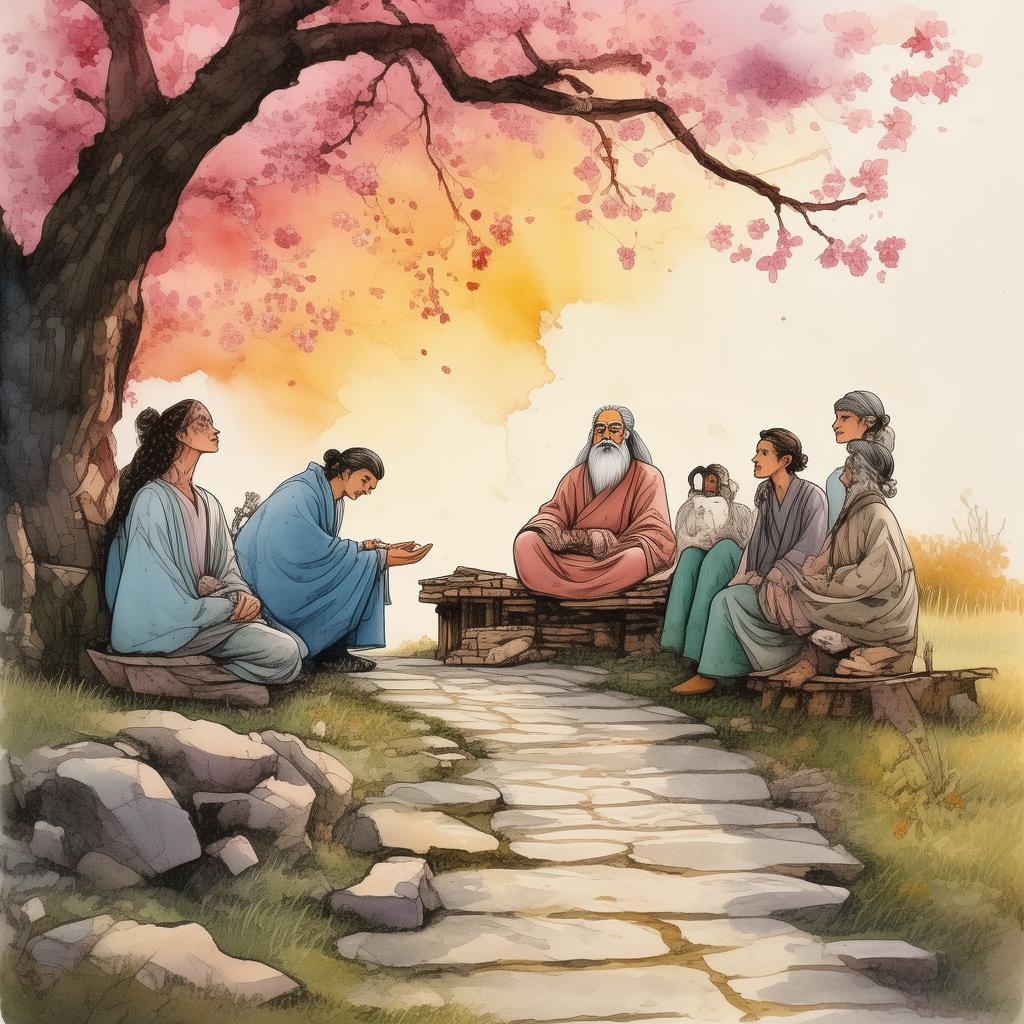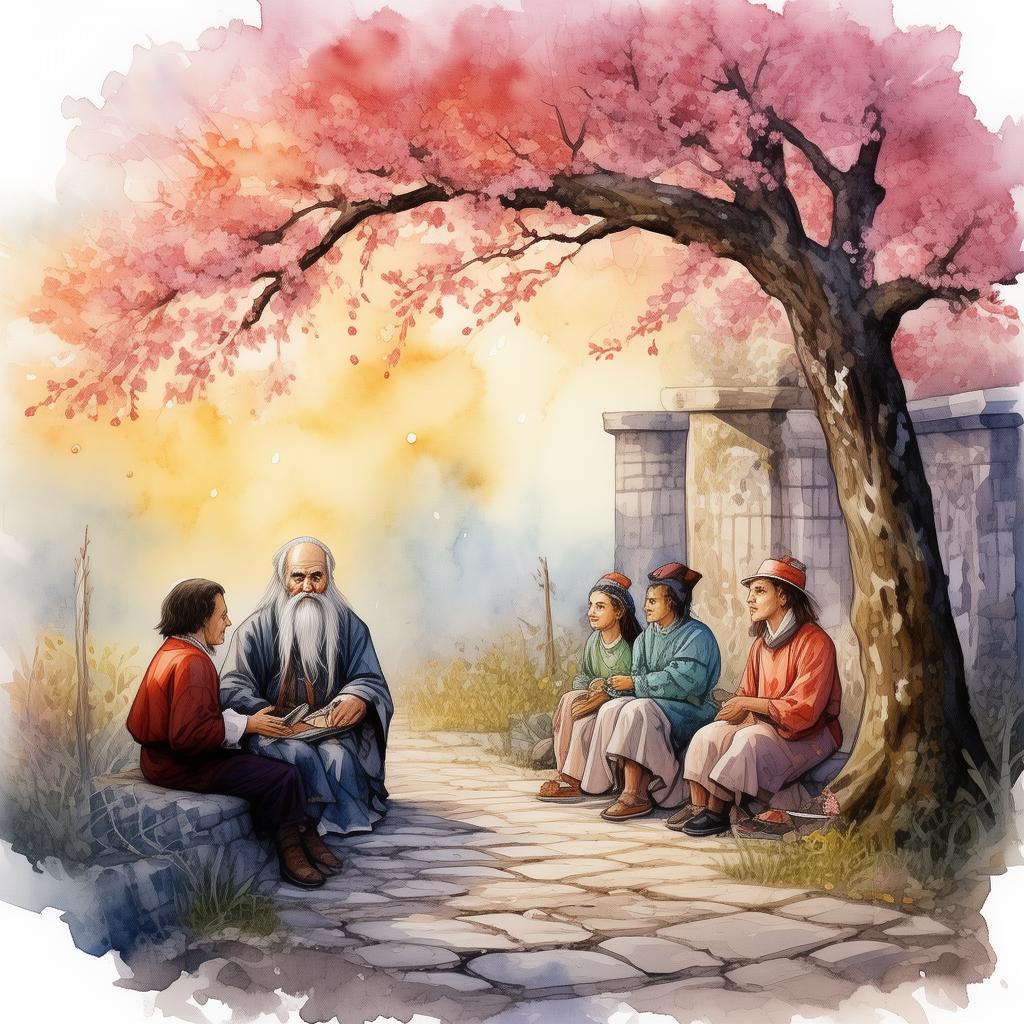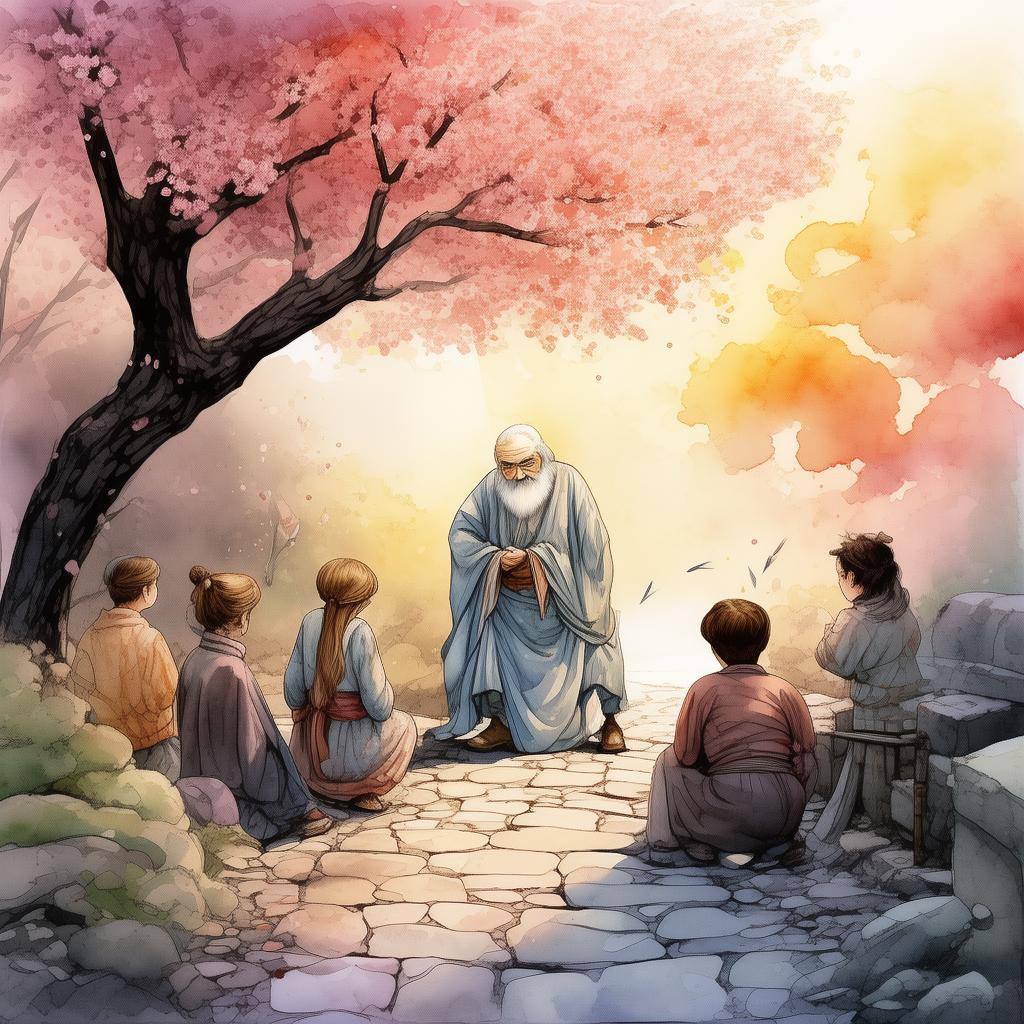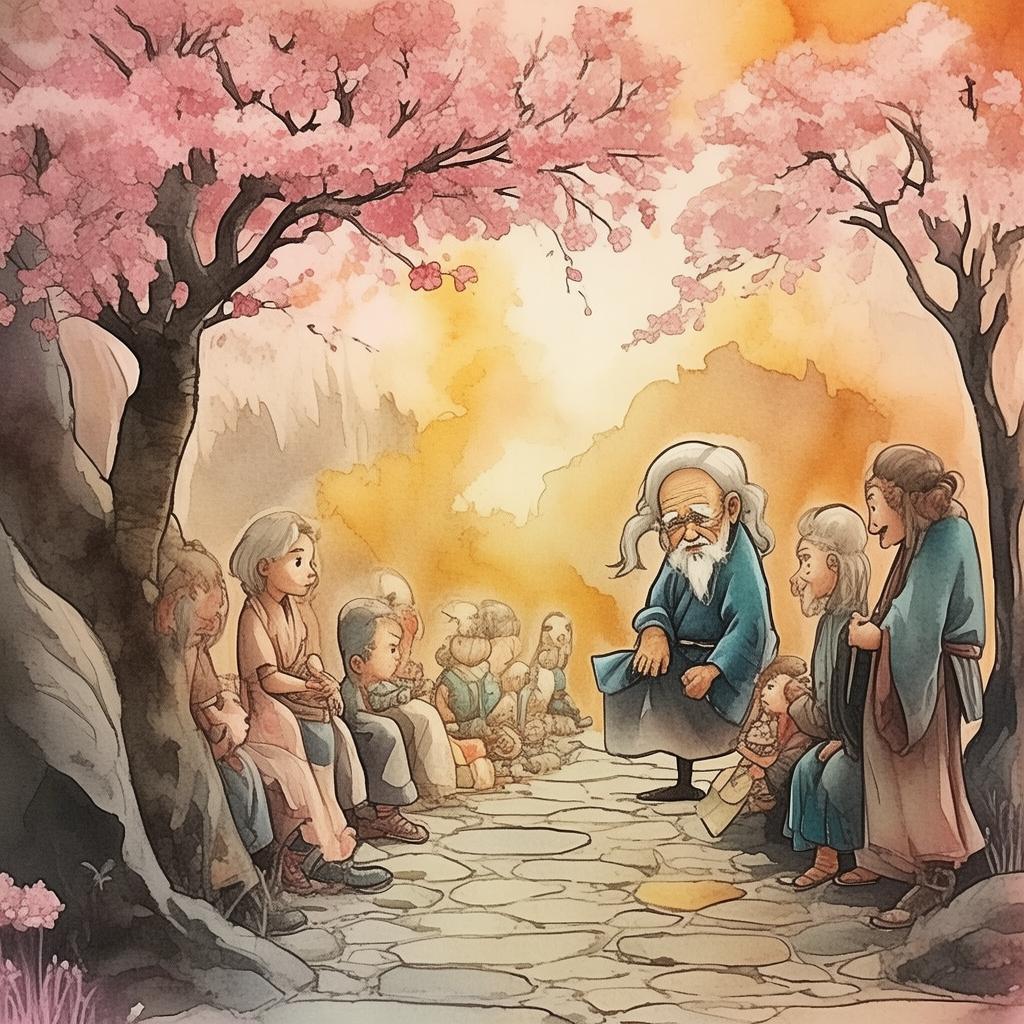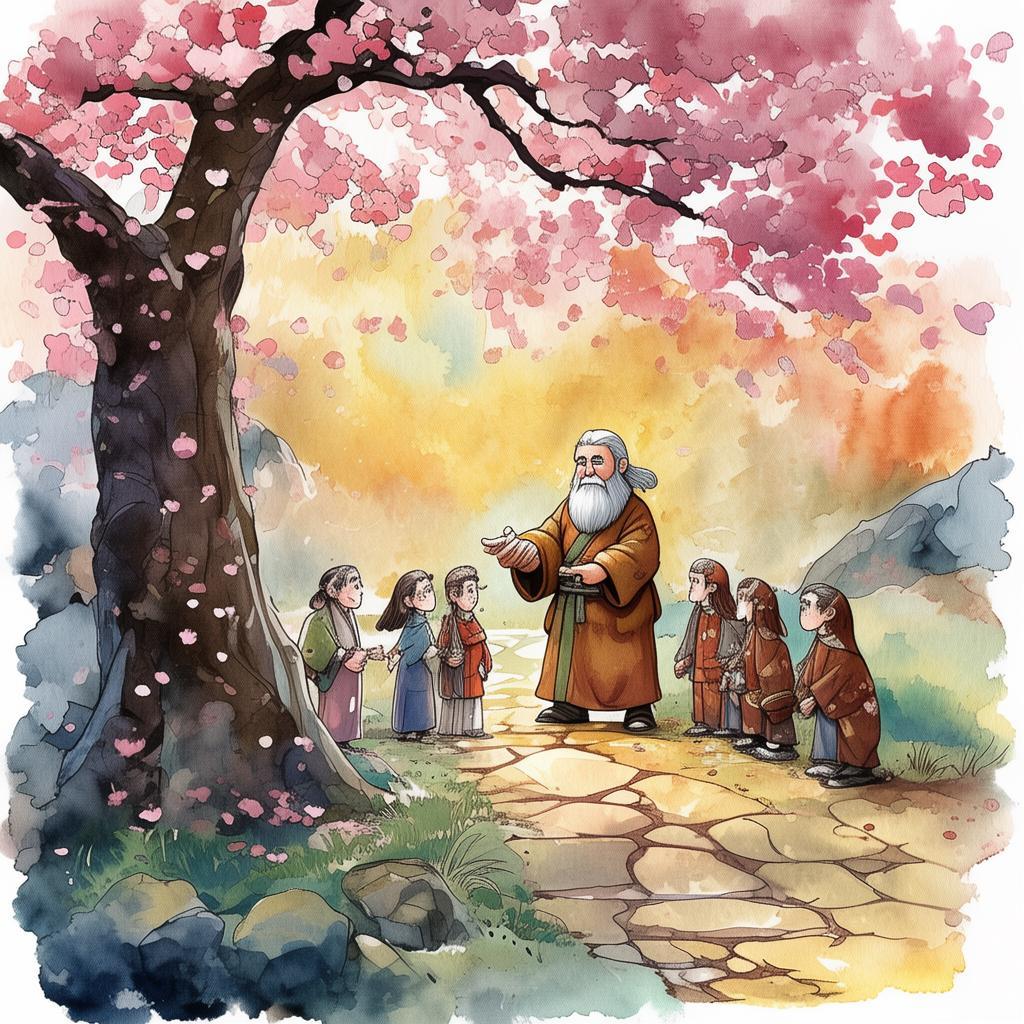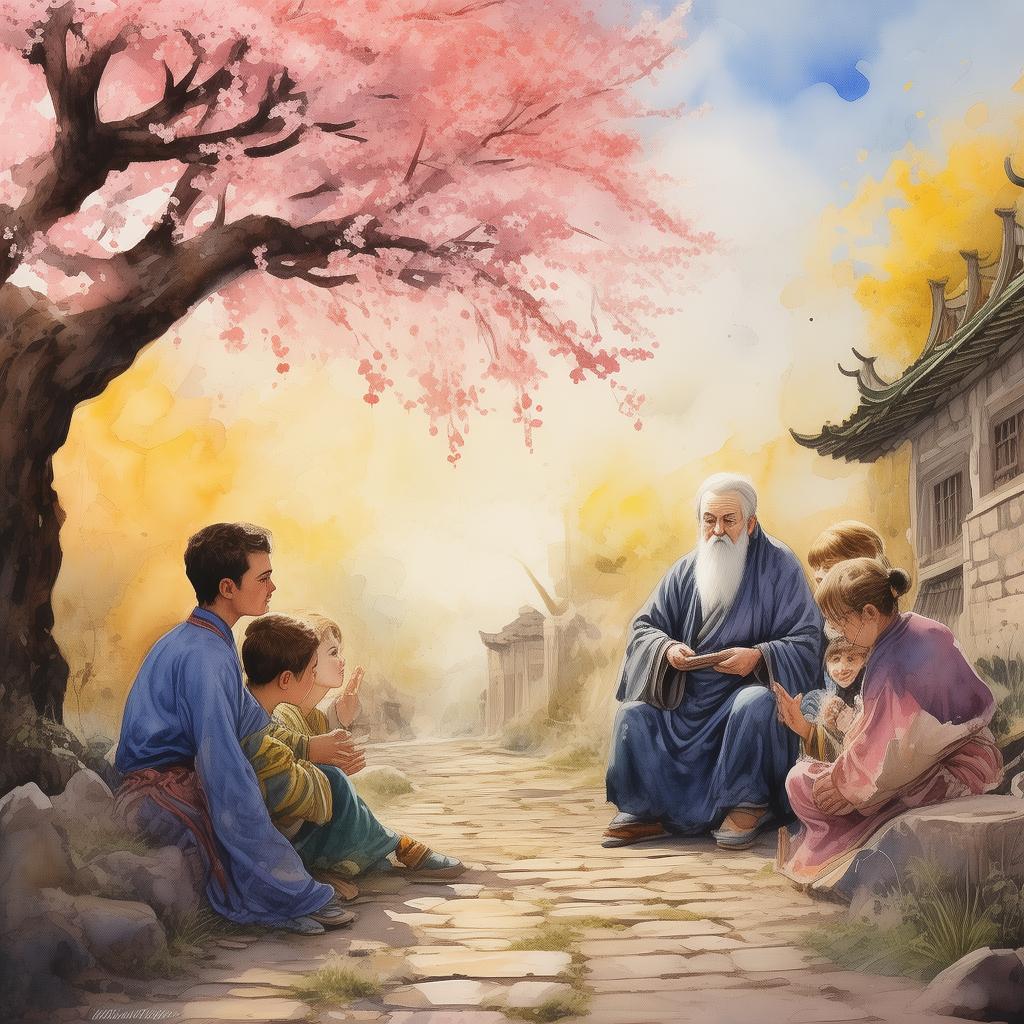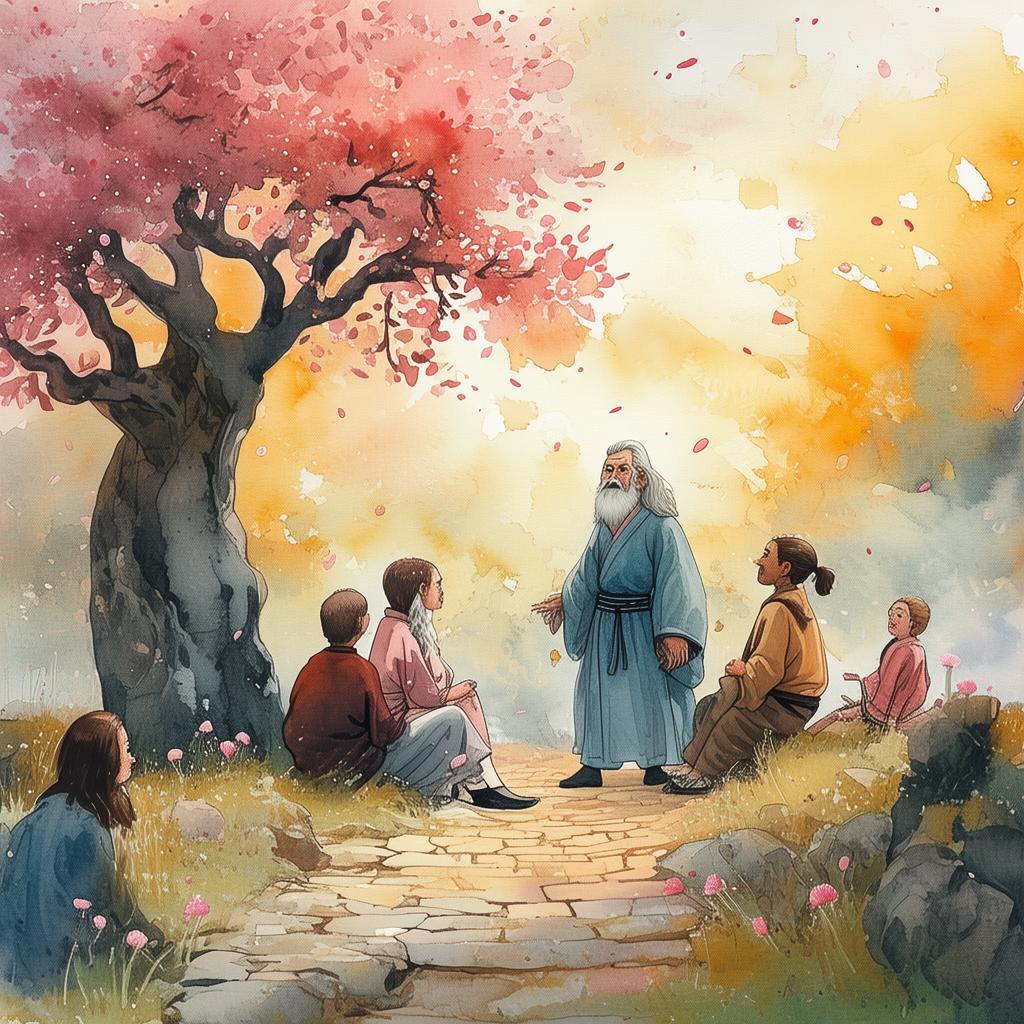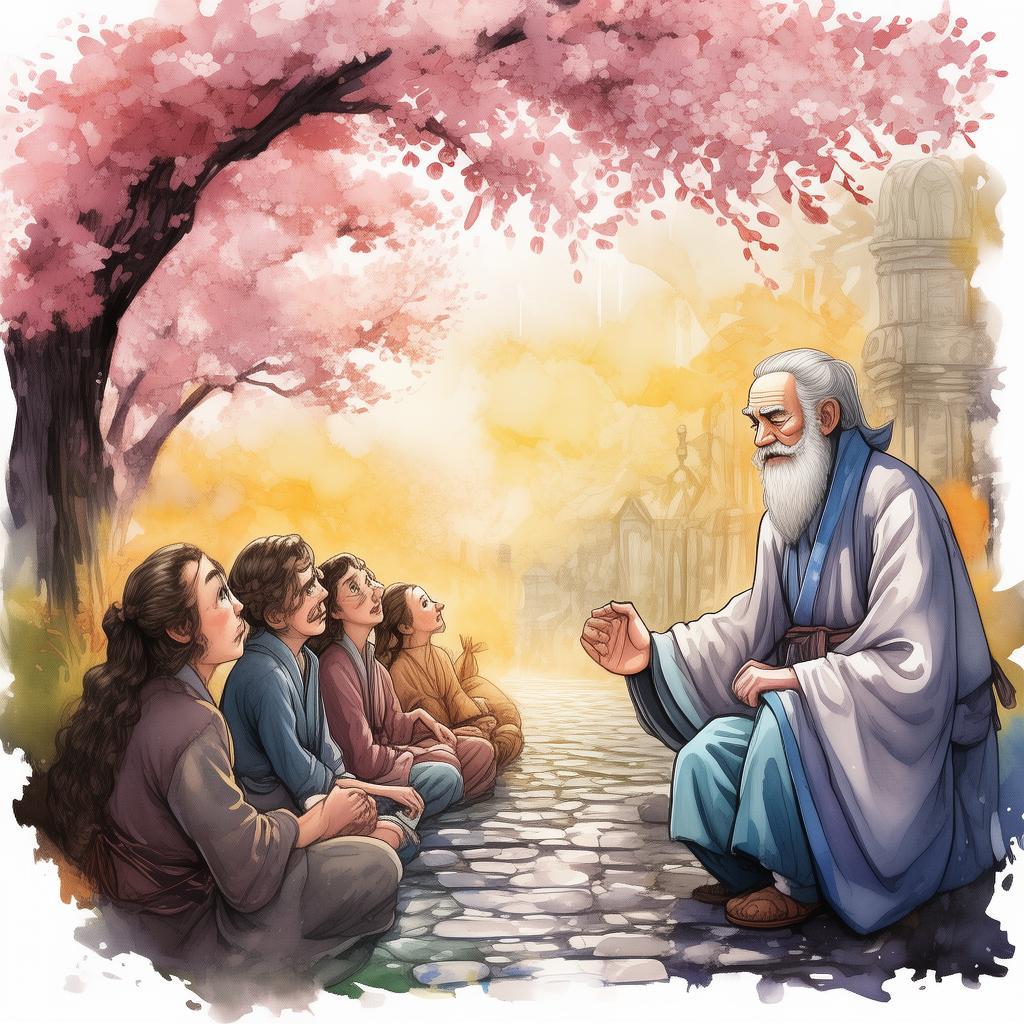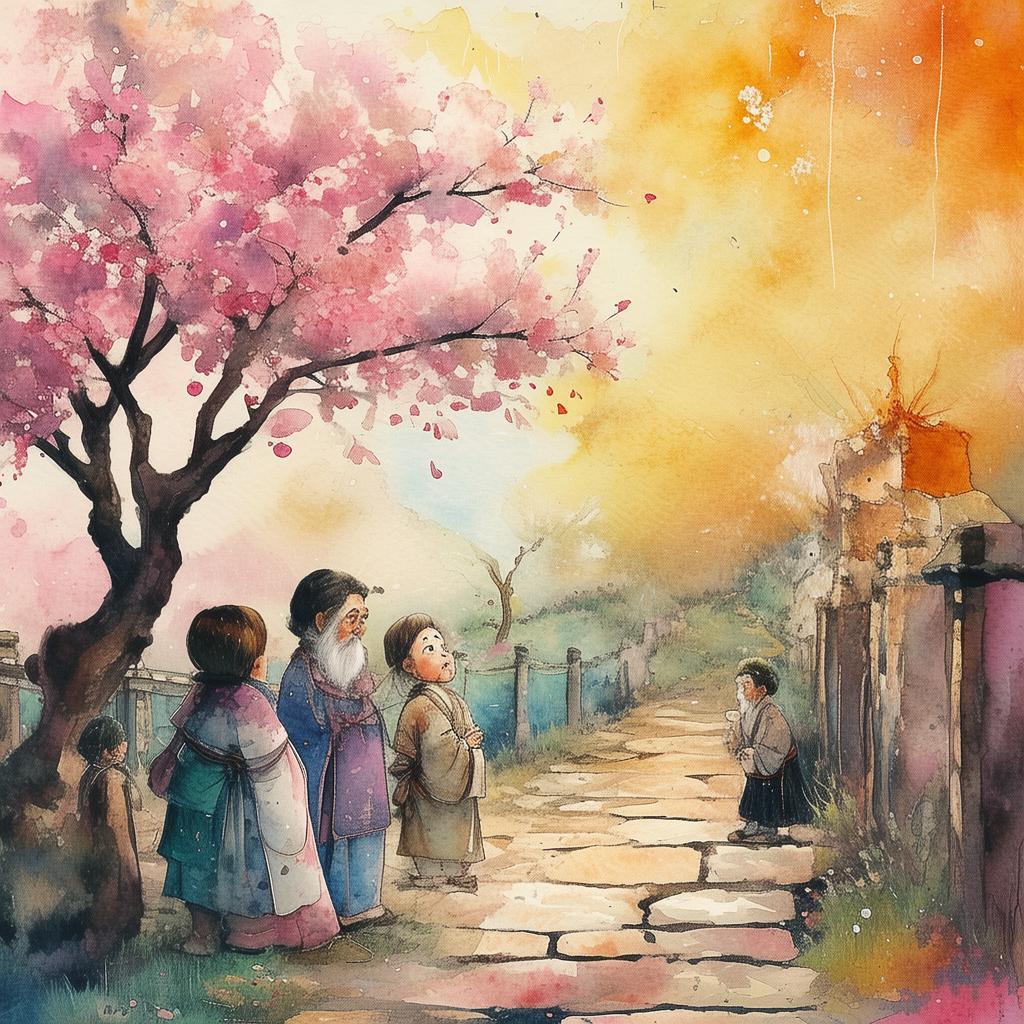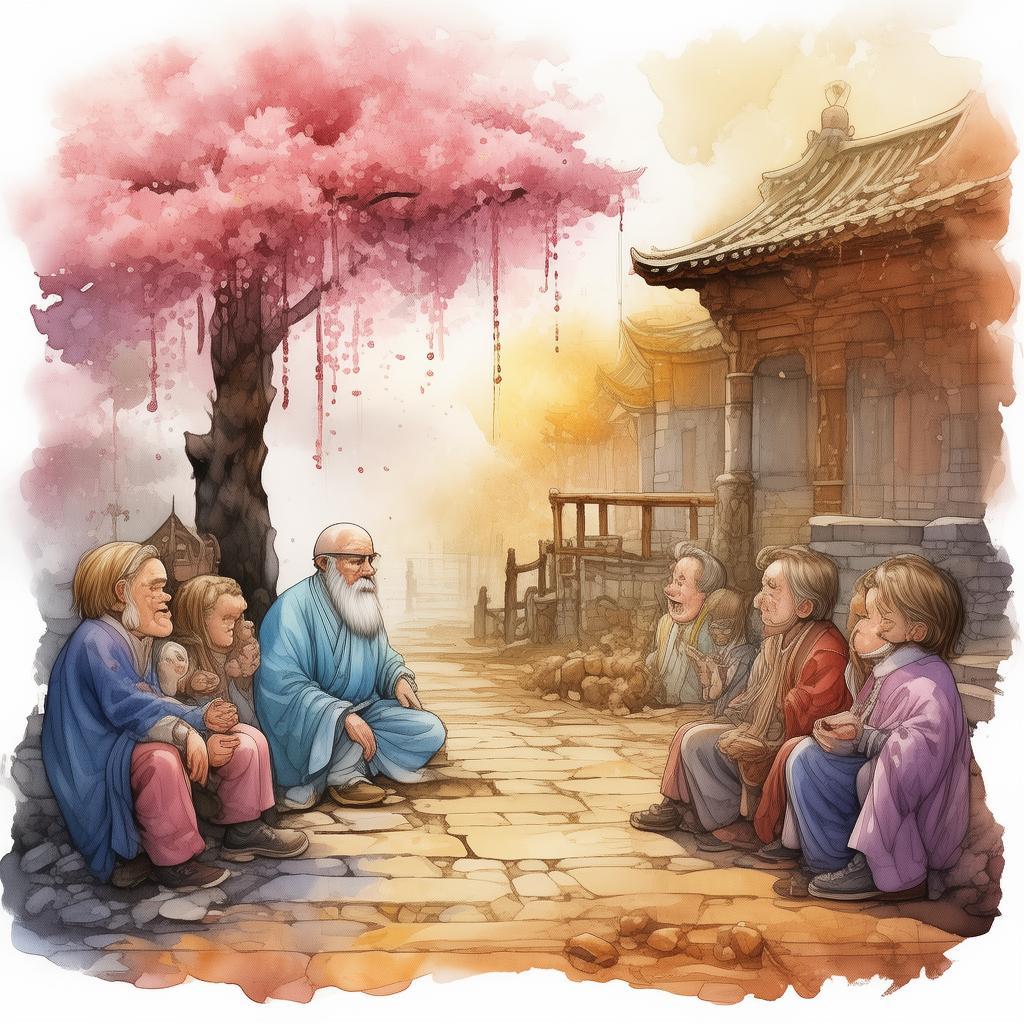Striving Strings: The Virtuoso's Quest for Perfection
In the heart of the bustling city of Shanghai, there lived a young violinist named Ling. His name was whispered among connoisseurs of music, for he was known as The Veritable Virtuoso. Ling's fingers danced over the strings of his violin with a fluidity that seemed to defy the laws of physics. Yet, despite his prowess, he felt an emptiness within, a void that only the pursuit of perfection could fill.
Ling's journey began in the hallowed halls of the Shanghai Conservatory of Music, where he had been a prodigy since the age of five. His talent was undeniable, and he quickly rose through the ranks, performing with orchestras and winning awards. But the applause and accolades never quite satisfied him. He sought not just to be the best, but to be the epitome of what a violinist could be.
One day, while practicing in the conservatory's grand concert hall, Ling stumbled upon an old, leather-bound book on the shelf. It was a biography of a legendary violinist, known for his unparalleled mastery of the instrument. The book spoke of a virtuosos' journey, filled with challenges and triumphs, and it spoke of a single, elusive goal: the ability to play the violin with such precision and emotion that the instrument itself became an extension of the player.
Intrigued and inspired, Ling resolved to embark on his own voyage to virtue. He would seek out the greatest teachers, study the most difficult pieces, and push the limits of his abilities. But the road to mastery was fraught with obstacles.
The first challenge came in the form of a stern teacher named Maestro Chen. Maestro Chen was a former virtuoso himself, and he had a reputation for being demanding and unyielding. He took a particular liking to Ling, seeing in him the potential to reach the pinnacle of musical achievement. But to Maestro Chen, potential was not enough; one must also possess the heart and soul of a true artist.
Under Maestro Chen's tutelage, Ling faced a grueling regimen of practice. He was expected to play the same piece over and over, until every note was perfect. The hours were long, the days were filled with frustration, and the nights were spent in contemplation. Yet, Ling persevered, driven by a burning desire to become the virtuoso he knew he could be.
As the months passed, Ling's skills grew, but so did his understanding of the music he played. He began to see the notes not just as ink on a page, but as the stories of the composers who had written them. He felt the emotions of the music seep into his bones, transforming him into a vessel for the composers' voices.
One evening, as Ling was practicing a particularly difficult piece by Paganini, Maestro Chen appeared at the door. He listened intently, then nodded. "You have made progress, but you must go deeper," he said. "You must find the essence of the music within yourself."
Ling pondered Maestro Chen's words, and he realized that the essence of the music was not just in the notes, but in the emotions and stories they conveyed. He decided to embark on a journey of self-discovery, seeking out the people and places that had inspired the composers he so admired.
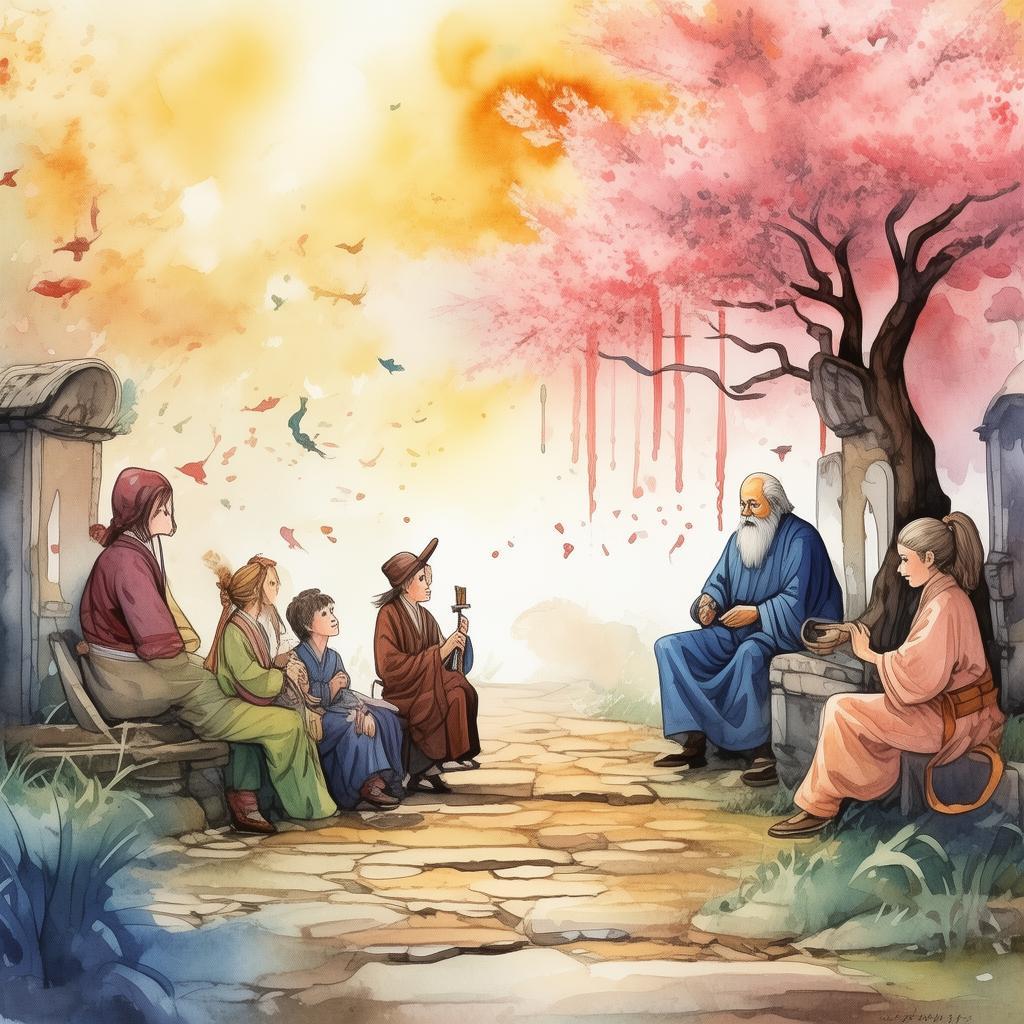
He traveled to the mountains where Beethoven had sought inspiration, to the streets of Vienna where Brahms had found his voice, and to the gardens of Rome where Paganini had composed his most haunting melodies. In each place, he felt a connection to the composers, and he felt his music grow richer and more profound.
As he returned to Shanghai, Ling felt a sense of fulfillment he had never known before. He had not only mastered the technique of playing the violin, but he had also found his own voice as a musician. He had become not just a virtuoso, but a virtuous player, one whose music touched the hearts of those who heard it.
One evening, he performed a concert in the conservatory's concert hall. The audience was silent, held in thrall by the music that filled the room. As Ling played the final note, the hall erupted in applause. For the first time, Ling felt complete, for he had achieved the perfection he had sought.
In the years that followed, Ling continued to perform and teach, sharing his journey with others. He became a beacon of inspiration, a reminder that the pursuit of perfection is a journey, not a destination. And as he played his violin, he knew that he had found his true calling, not just as a musician, but as a virtuoso whose music would continue to resonate with listeners for generations to come.
✨ Original Statement ✨
All articles published on this website (including but not limited to text, images, videos, and other content) are original or authorized for reposting and are protected by relevant laws. Without the explicit written permission of this website, no individual or organization may copy, modify, repost, or use the content for commercial purposes.
If you need to quote or cooperate, please contact this site for authorization. We reserve the right to pursue legal responsibility for any unauthorized use.
Hereby declared.
